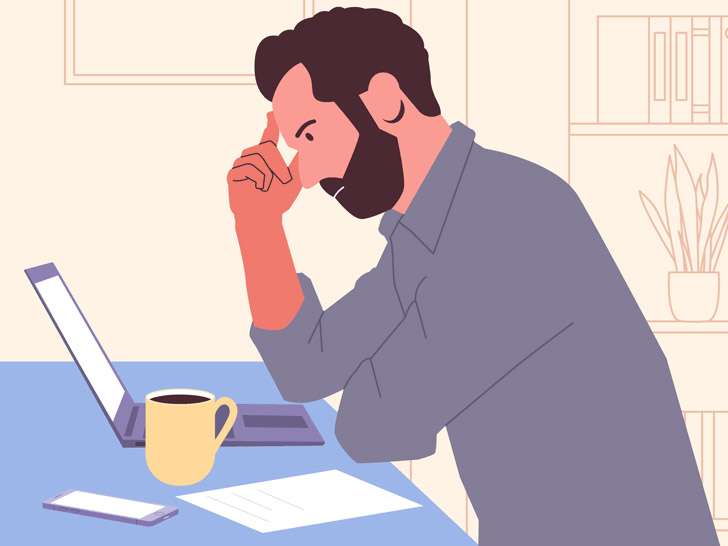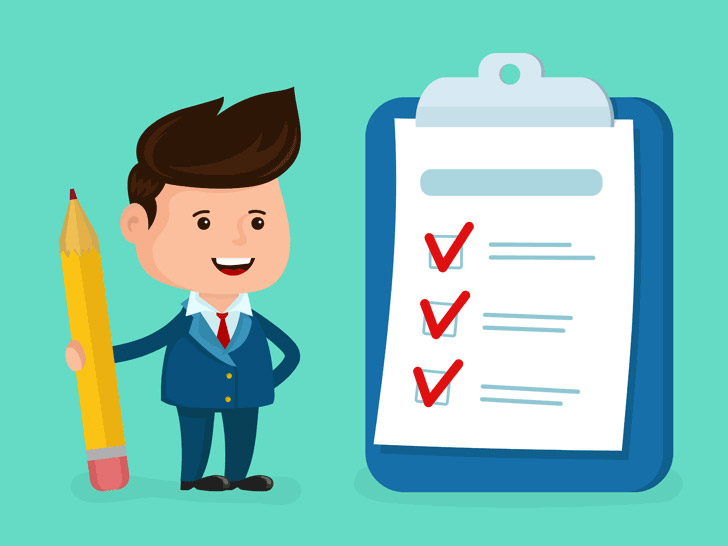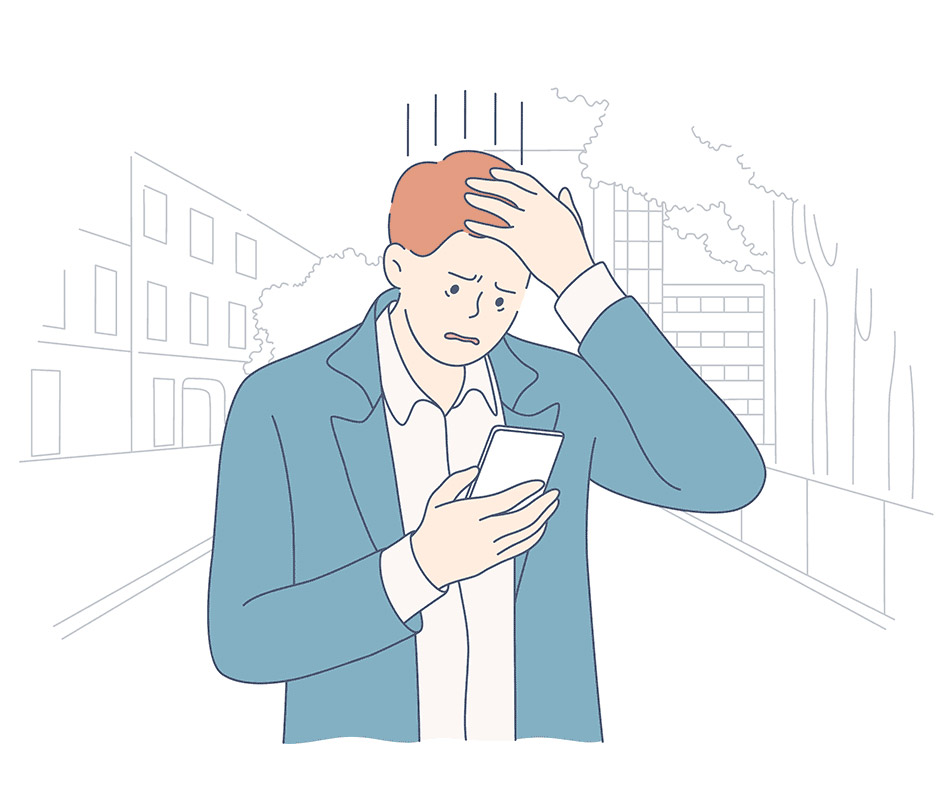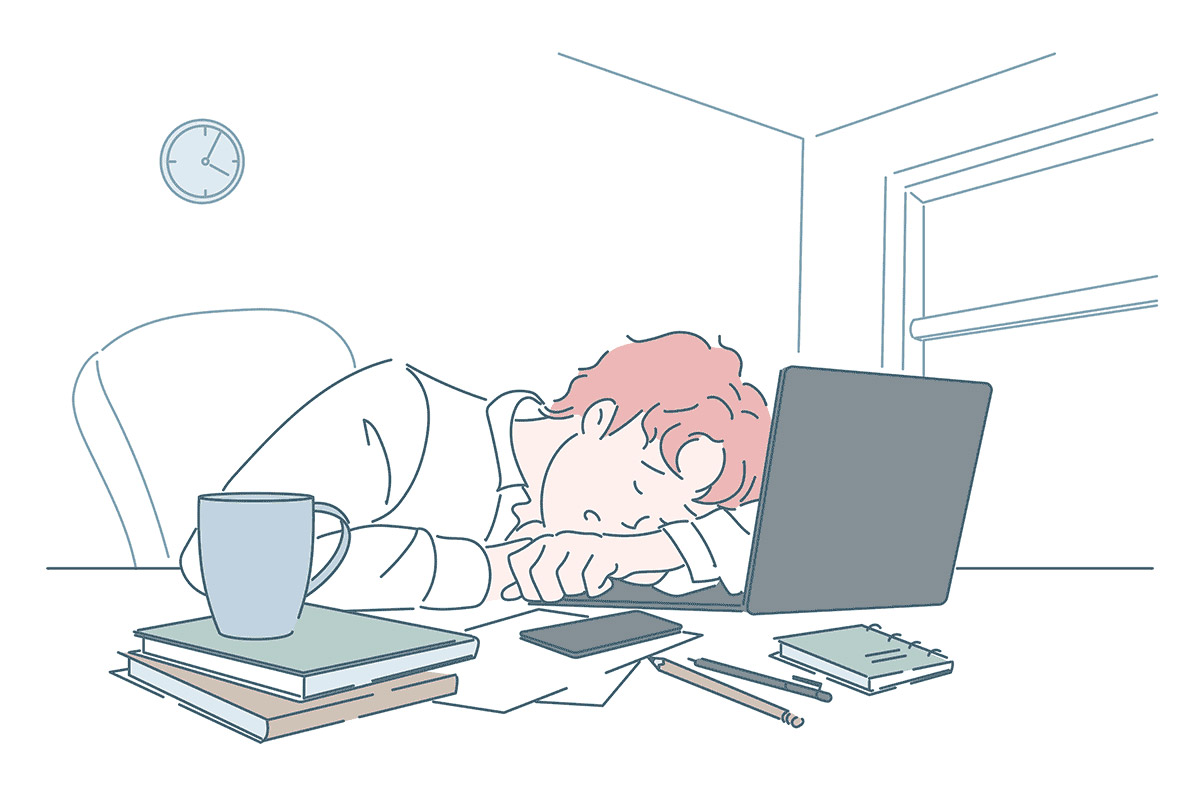


India is the most depressed country in the world. This is according to the World Health Organization (WHO)’s report on depression. With around 600 million young people in India, one of the youngest populations in the world, and with the country set to be the fifth largest economy in the world, it is depression, perhaps under the strain of this economic growth, that occurs in the lives of so many young Indians.
India’s economic advancement is on track, or at least stable, however, at what cost? A bulk of this population has been chasing financial growth, without considering the costs of achieving it.
The introduction of a Mental Health Care Act by the Government of India in 2017 is a mammoth step in the right direction. However, a large part of the focus must be on treatment, awareness, and stigma.
But how can we tackle this problem? The World Health Organization defines mental health as “a state of complete physical, mental and social well-being and not merely the absence of disease or infirmity.” Mental wellness does not, therefore, translate into forcing ourselves to be happy always; but means achieving a state of mind which provides resilience to handle anything life might throw at us. It is the people who do not have this capacity or access to support systems necessary to build such strength, who fall into depression and suffer from other illnesses.
Zindagi Tujhe Salaam has taken a step to establish a National Emotional and Mental Health Helpline. The primary objective of the helpline will be to provide first line support for corporate bodies, individuals and families who need assistance in emotional and mental health emergencies. To help tackle the issue of stigma, the Helpline will utilize anonymity, and will provide national coverage for ease of access to services, using modern technology to make rare, specialized professional support more readily available. We have taken the approach to establish the Helpline within a private sector organization in order to use the inherent management and technical capacities available to prudently manage the initiative.
Healthcare cannot be the responsibility of the government alone and ignorance about mental illness abounds in the general population leading to considerable stigmatization of the mentally ill. Lack of decent quality services means that people are unable to get treatment and are often subjected to stigma and discrimination.
There have been many reports of suicides as well as psychotic illnesses which have made the headlines in the main newspapers in India in the last few years and the complete lack of capacity to deal with issues is very obvious. Today in India young people are physically and mentally distancing themselves from families and societies to pursue their goals. The increasing prevalence of nuclear families in India (88% of families only have 3-4 members), coupled with child-rearing practices that indicate primary focus on “success”, “being in a position” and minimum tolerance for problems render him or her incapable of being at peace. The typical child or adolescent is taught only to study, “get marks”, and “grow in life”, without being taught how to behave and how to handle crises.
Indian society is inherently prone to placing conventional pressures on children. A key cause for this is parental anxiety as most Indian parents want their children to take up career paths that guarantee a six-figure starting salary, or get their children married off before they die. However, it also remains a concern that children succumb to such pressure and do not try to convince their parents of their ability to take the less-trodden path or to choose a partner of their liking, which is a result of upbringing that doesn’t provide pointers on how to deal with controversies. However, resentment is an unavoidable residue, which makes young adults frustrated, anxious, and ultimately, depressed.
Good health is one of the key determinants of human development and psychological illnesses of various types detract from optimum health. With the growing incidence of stress and depression, these conditions will surely undermine the human resource capacity significantly if they are not addressed. To help bridge the gap between the growing demand for mental health services and the inadequate supply of services we propose the setting up of an emotional and mental health helpline.
The objective of the helpline is to provide a confidential service which offers information, support, guidance and referral for individuals who may be affected in any way by matters concerning emotional or mental well-being.
The helpline will constitute an essential interface between people confronted with emotional/ mental health issues and services which offer a concrete response to request for help. Issues to be addressed by the helpline include:
• Depression and anxiety disorders
• Relationship counselling
• child related counselling
• Suicidal Attempts
• Stress management
• Acute management of psychotic patients

Specializes in Professional Counselling Certified Life Coach, Certified NLP Coach from IBHNLP

Certified NLP and Hypnosis Practitioner from IBHNLP Specializes in personal counselling.

Specializes in Personal Counselling. Certified Yoga Wellness Instructor

Specializes in Professional Counselling. Certified NLP Coach & Practitioner, Certified Hypnosis Practitioner, Certified Life Coach from IBHNLP

Specializes in Personal counselling (relationship, children and adolescents) Certified Emotional Intelligence Practitioner, Certified NLP Practitioner, Certified Spiritual Life Coach, Certified Relationship Workshop Facilitator.

Specializes in Professional Counselling. Post Graduate in Clinical and Counselling Psychology

Specializes in Personal Counselling MS in Counselling & Psychotherapy, Certified Child Psychologist, Certified NLP Practitioner, with specialization in Cyber Psycho-oncology. Also, an LGBTQIA+ friendly counsellor.

Specializes in Personal Counselling Interned with the Institute of Mental Health, Moolchand Medcity (New Delhi)

Specializes in Personal Counselling M.Sc in Applied Psychology (Clinical)

Masters in Psychology
Specializes in personal counselling.

























The helpline will perform five main functions:
A call to a helpline may be the first and only attempt to seek help and thus, it is important not to waste the opportunity and to ensure that the client is receptive to information during the course of a conversation.
The helpline will be manned by multilingual skilled and thoroughly trained staff, who will provide the necessary support and information needed to serve callers. Staff will be recruited and trained according to strict policies and procedures to ensure that they are well equipped to handle the myriad issues they will potentially encounter
The helpline and its staff will take a socially and culturally sensitive approach to counselling and the provision of information, bearing in mind the different needs of various segments of the population.
The long-term goal of the helpline will be to provide 24-hour round the clock service to the general public but may begin with shifts covering a few hours per day. This will have the impact of significantly reducing unnecessary casualties and fatalities associated with mental health
When we are experiencing difficult and challenging times, such as the current COVID-19 pandemic, it is normal to feel:

We consequently experience a range of emotions, like fear, sadness, anger, numbness, helplessness, and hopelessness. These can manifest in many physical, psychological, and social signs



So, what can you do?
You can take actions to promote your own mental well-being. Put things into perspective. Remember that you are human after all. It is normal to experience feelings of distress, sadness, fear, confusion and anger in times of crisis, and having those feelings does not mean that you are weak or that you cannot do your job.







Make time to do simple activities that bring joy, comfort and boost self-esteem on a regular basis. This may include:
In times of crisis, a healthy lifestyle is vital to the resilience of your body and mind.









If you are receiving treatment for a mental health condition, it is essential that you adhere to your treatment regimen. Remember that caring for your own mental well-being is your greatest asset in doing your job.